20+ Essential & Must-Have Healthy Habits for Kids

Inculcating good habits in kids is important for every parent. Doing things on a regular basis turns into habits, and these habits help in building the character of your child. Children are very observant of their environment. They pay heed to everything that is happening around them. Therefore, it is important that, as a parent, you imbibe healthy habits in your kids. Healthy habits for kids act as building bricks for children’s future habits and lifestyles. If they do not lead their life cleanly and healthily, there might be future consequences. Here, we shall discuss some of the healthy habits that you can help your kid practice on a regular basis.
Healthy Habits for Children to Learn

A child is a great imitator. That is, whatever your child sees and observes, he is bound to practice it. Therefore, teaching kids healthy habits will help them acquire skills for a better life ahead.
Following is a healthy habits list for kids that you may start early in life and give your child a great start for a healthier and better tomorrow:
- Eating Healthy and Well: Good healthy eating habits for kids are of utmost importance in the formative years. Though sometimes it may become quite challenging for you, the key is, to make the food look appealing to your child. Refrain from feeding junk and sugary food your child. Make him aware of the ill-effects of eating unhealthy food and help him in making the right food choices.
- Outdoor Activities: Along with a good diet, it is very important for a kid to be physically active. Prompt your kid to spend more time doing outdoor activities, such as running, cycling, playing in the park with friends, etc. Physical activities energise the child and keep him happy, motivated, and agile (1).
- Sleeping on Time: Adequate amount of sleep and rest is important to regain and replenish the energy levels in a child’s body. Good sleep helps the child feel rejuvenated and fresh for the day. Set a sleeping routine for your child and adhere to it. Irregular sleeping hours can make your child irritable and erratic.
- Washing Hands Before and After Meals: Getting rid of germs is a priority, and you should teach your kid the importance of washing hands before and after meals. Teach your kid to use soap and the correct technique. Washing hands keeps germs and infections at bay (2).
- Breakfast- The Most Important Meal of the Day: Never let your kid skip breakfast, as a proper breakfast will give him necessary energy for the day. Fuelling up in the morning helps in keeping blood sugar levels in check and keeps your child active and energised (3).
- Inculcate Good Reading Habits: Reading is a very good habit for every child. Reading not only helps in grasping a language better, but a child learns to become more imaginative and creative. You may set up a regular reading schedule or even read together at bedtime.
- Bathing: Some children are water babies, while others despise water to a great extent. You must inculcate the habit of personal hygiene in your child . It is important to encourage him to bathe on a daily basis and also after an active session of outdoor activities (4).
- Spending Time With the Family: Spending time with the family is very important for growing children. They not only learn to bond with the family members but also learn the importance of spending quality family time together. Dinner is the ideal time for a family to bond together.
- No Aerated or Carbonated Drinks: Kids can easily become addicted to aerated or carbonated drinks, which are incredibly harmful in the growing years. The high levels of sugar and caffeine may have adverse effects on your child. Refrain from giving such drinks to young children and introduce them to healthy drinking options such as fresh fruit juices, milkshakes or smoothies. Inculcating healthy food habits for kids is a prime responsibility of the parents.
- Brushing Teeth Twice a Day: You should strictly help your child follow the habit of brushing twice a day (5). Good oral hygiene cannot be overstated, as teeth are vulnerable to cavities. Kids usually dislike brushing, but if you educate your children about the importance of brushing, it will help them adopt this habit with ease.

- Tidying Up Their Room: Kids love to be messy and litter, which is absolutely normal. But it is very important that as a parent, you inculcate the importance of cleanliness to your child. Train your kid to put his toys and other belongings back in their place and help him learn to be organised from the beginning.
- Using a Tissue or Handkerchief: It is important to teach your kid how to use a handkerchief while coughing or sneezing and how to dispose of used tissues in the dustbin. Tissues prevent the spread of germs from one person to another (6). Letting your child know about germs will keep him informed about preventing infections.
- Following a Vaccination Schedule: Vaccinations are very important to prevent your child from deadly diseases. Keep yourself braced with the vaccination schedule of your kid. Giving the right vaccine at the right time will save your child against many serious ailments. It is also recommended to keep the vaccination record handy and carry it along for all the visits to the doctor.
- Restricting Screen Time: Children love to sit in front of a television and watch their favourite shows. It is good to watch a cartoon or a movie, but it is very important to make a note of the time your child is spending in front of a TV. Watching too much television can not only affect a child’s vision but can also cause them to become lazy and restless. Make a schedule and stick to it, though occasional binging may be allowed (7).
- Taking Care of Your Kid’s Mental Health: Most parents tend to prioritize the physical well-being of their kids over their mental well-being. However, it is very important to take care of your kid’s mental health, especially in cases of single parenting.
- Teaching Them the Importance of Money: Teach your child the value and importance of money. Start by giving him a piggy bank and a weekly or monthly allowance. Teach him how he can effectively spend and save money. Making your child learn about the importance of money at an earlier stage in a good idea.
- Importance of Sharing: Most children find it very difficult to share their toys and other belongings with their siblings or friends. It is very important to teach sharing and caring for your child. Apart from tangible things, it is also important to learn to share intangible things such as feelings and emotions.

- Respecting Others: Using negative or harsh words can affect anyone in more ways than one. It helps to teach your child to be respectful, not only towards elders but towards kids of the same age and younger kids too. You need to teach your kid that hateful and spiteful words could destroy relationships.
- Equality: Teaching the virtue of equality is very important for a child. Whether a friend or a foe, rich or poor everyone should be treated equally and without any bias. No discrimination of any kind should be encouraged. Your kid should learn to treat people fairly.
- Learning to Accept Defeat: We all love to excel in whatever we do but what takes more effort and courage than winning, is to accept defeat in a dignified manner. Explain to your child that it is absolutely fine to lose. There is no need to feel depressed or dejected, but what is important is to get up and start again.
- Being Patient and Positive: Staying patient and positive toward a situation is a winning characteristic. While staying positive keeps mental and physical health optimal, being patient helps you overcome challenges with optimism and resilience.
FAQs
1. What other healthy habits should children learn?
Habits like avoiding processed, sugary, and junk foods, reading food labels before purchasing anything off the shelf, reading everyday, and helping friends and people in need are some good habits parents should teach their kiddos.
2. Why is teaching healthy habits to children important?
Inculcating healthy habits in children is quite beneficial for them. Some of them are:
- Children who eat well and sleep well stay away from health ailments and are always active, which makes them resilient and confident.
- Physical habits like exercising and outdoor play keep children active and energetic and prevent chronic diseases (8).
- Brushing at night eliminates the chances of cavities, keeping their gum health optimal.
- Healthy and attentive children are able to focus well on academics, which makes them professionally ready for the future (9).
Healthy habits are formed over time, by the repetition of certain actions or behaviours. These are some of the essential healthy habits that you may start early in childhood and help your kid follow a healthy lifestyle. These simple habits will help your child get a healthy start into adulthood.
References/Resources:
1. Playing outdoors; indirect; https://www.nidirect.gov.uk/articles/playing-outdoors
2. About Hand Hygiene as a Family Activity; CDC; https://www.cdc.gov/clean-hands/prevention/?CDC_AAref_Val=https://www.cdc.gov/handwashing/handwashing-family.html
3. Eck. K. M, et al.; The “Motor of the Day”: Parent and School-Age Children’s Cognitions, Barriers, and Supports for Breakfast; Int J Environ Res Public Health.; PubMed Central; https://pmc.ncbi.nlm.nih.gov/articles/PMC6765899/; September 2019
4. Personal hygiene for children; Healthdirect Australia; https://www.healthdirect.gov.au/personal-hygiene-for-children
5. Oral Health Tips for Children; CDC; https://www.cdc.gov/oral-health/prevention/oral-health-tips-for-children.html?CDC_AAref_Val=https://www.cdc.gov/oralhealth/basics/childrens-oral-health/index.html
6. Healthy Habits: Coughing and Sneezing; CDC; https://www.cdc.gov/hygiene/about/coughing-and-sneezing.html
7. Screen time and children; MedlinePlus; https://medlineplus.gov/ency/patientinstructions/000355.htm
8. Nyberg. S. T, et al.; https://jamanetwork.com/journals/jamainternalmedicine/article-abstract/2763720; JAMA Internal Medicine; https://jamanetwork.com/journals/jamainternalmedicine/article-abstract/2763720; April 2020
9. Singh. A. S, et al.; Effects of physical activity interventions on cognitive and academic performance in children and adolescents: a novel combination of a systematic review and recommendations from an expert panel; British Journal of Sports Medicine; https://bjsm.bmj.com/content/53/10/640.abstract; 2019
Basic Life Skills for Children
Essential Life Lessons for Kids
Good Manners to Teach Students & Kids
Bad Habits In Children & Ways To Deal With Them
Was This Article Helpful?
Parenting is a huge responsibility, for you as a caregiver, but also for us as a parenting content platform. We understand that and take our responsibility of creating credible content seriously. FirstCry Parenting articles are written and published only after extensive research using factually sound references to deliver quality content that is accurate, validated by experts, and completely reliable. To understand how we go about creating content that is credible, read our editorial policy here.






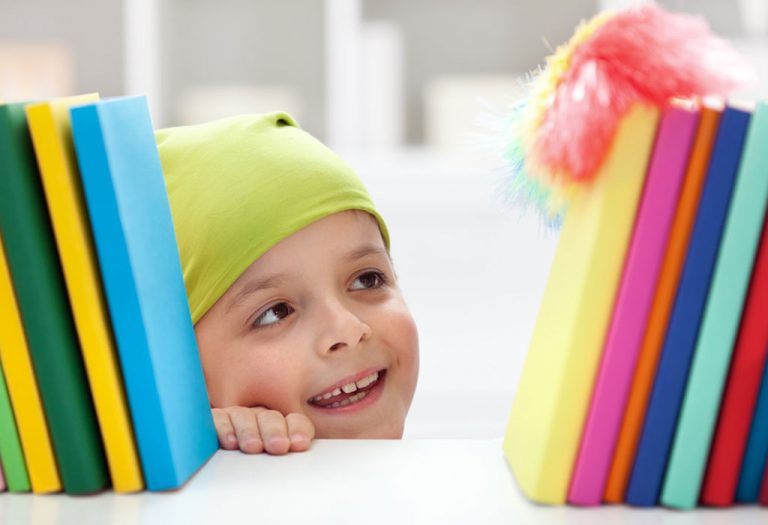
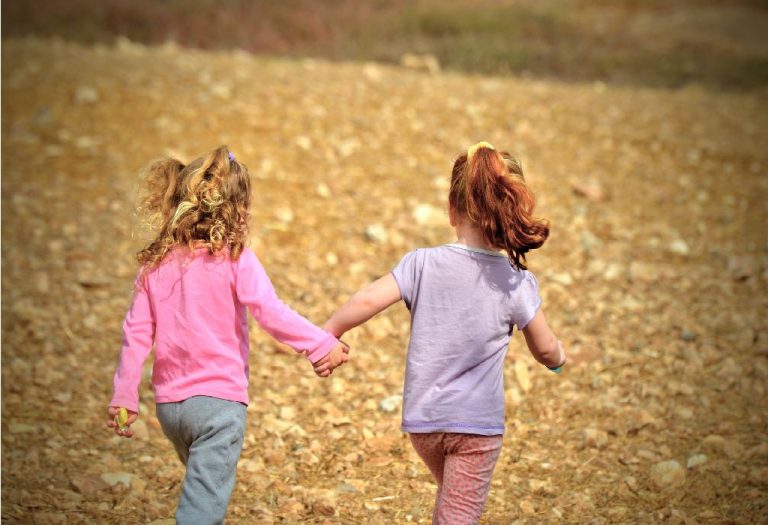

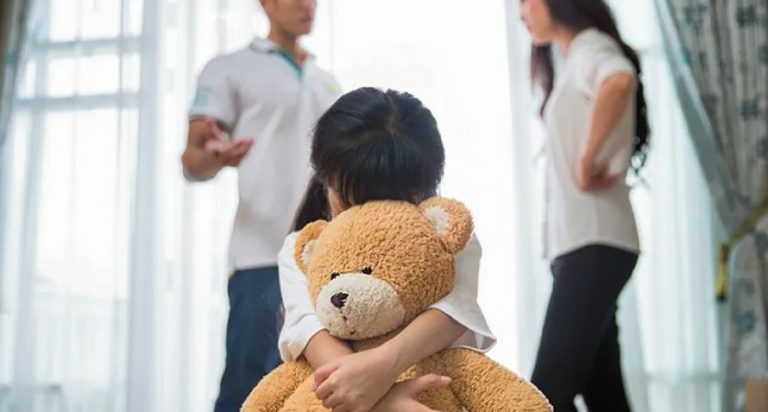
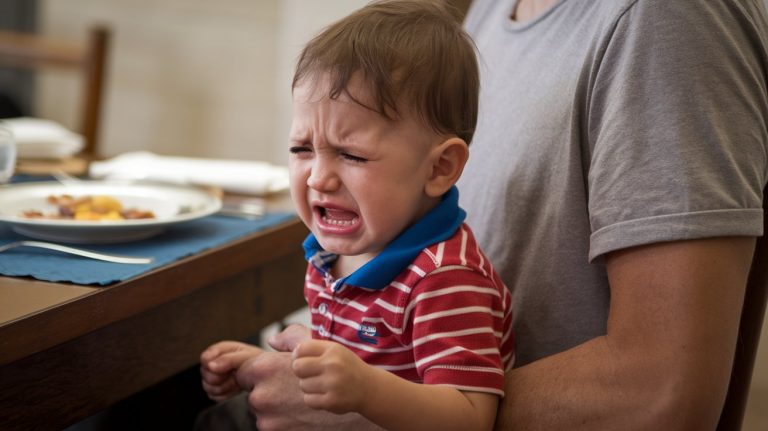
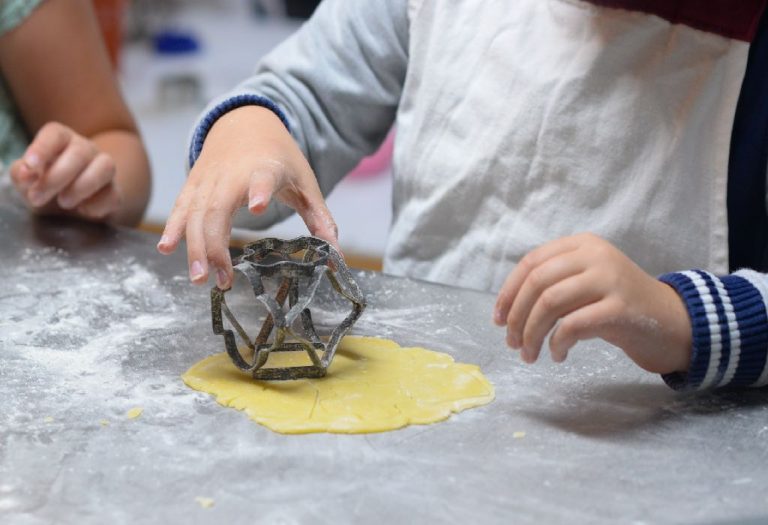
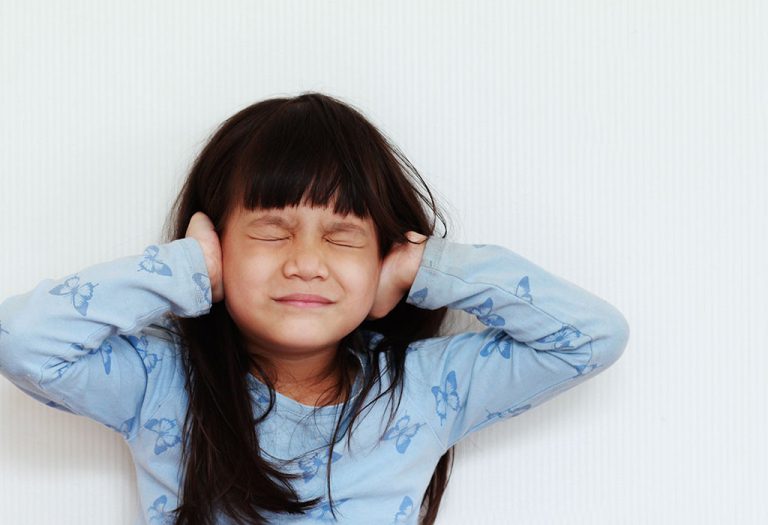

.svg)
















